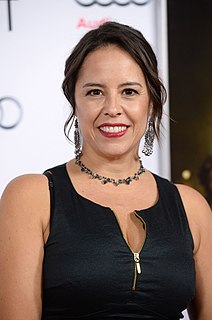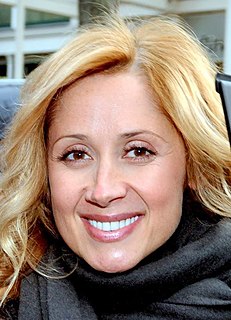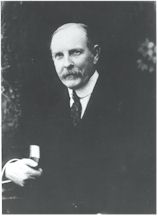A Quote by Henry Rosovsky
On the one hand, there is no question that English - frequently bad English - has become the universal language of scholarship. It is clearly a tremendous handicap for people outside of the United States, Britain, and Australia and a few other countries because few of them are native speakers, but we demand that they present and publish in English.
Related Quotes
Most English speakers do not have the writer's short fuse about seeing or hearing their language brutalized. This is the main reason, I suspect, that English is becoming the world's universal tongue: English-speaking natives don't care how badly others speak English as long as they speak it. French, once considered likely to become the world's lingua franca, has lost popularity because those who are born speaking it reject this liberal attitude and become depressed, insulted or insufferable when their language is ill used.
I have a funny relationship to language. When I came to California when I was three I spoke Urdu fluently and I didn't speak a word of English. Within a few months I lost all my Urdu and spoke only English and then I learned Urdu all over again when I was nine. Urdu is my first language but it's not as good as my English and it's sort of become my third language. English is my best language but was the second language I learned.
James Joyce's English was based on the rhythm of the Irish language. He wrote things that shocked English language speakers but he was thinking in Gaelic. I've sung songs that if they were in English, would have been banned too. The psyche of the Irish language is completely different to the English-speaking world.
Well, English is no problem for me because I am actually English. My whole family are English; I was brought up listening to various forms of the English accent. Obviously there are more specific ones that get a little bit tricky. Same with American stuff. But because in Australia we're so inundated with American culture, television, this that and the other, everyone in Australia can do an American accent. It's just second nature.
The United States, a land of immigrants from every corner of the world, has been strengthened and unified because its newcomers have historically chosen ultimately to forgo their native language for the English language. We have all benefited from the sharing of ideas, of cultures and beliefs, made possible by a common language. We have all enriched each other.
Malcolm Bradbury made the point, and I don't know whether it's a valid one or not, that the real English at the moment is not the English spoken in England or in America or even in Canada or Australia or New Zealand. The real English is the English which is a second language, so that it's rather like Latin in the days of the Roman Empire when people had their own languages, but had Latin in order to communicate.
Actually, I've taught creative writing in Turkey, at an English language university, where the students were native Turkish speakers, but they were writing their essays in English, and they were very interesting - even the sense of structure, the conventions of writing, the different styles of writing.
The revival of Hebrew, as a spoken language, is a fascinating story, which I'm afraid I cannot squeeze into a few sentences. But, let me give you a clue. Think about Elizabethan English, where the entire English language behaved pretty much like molten lava, like a volcano in mid-eruption. Modern Hebrew has some things in common with Elizabethan English. It is being reshaped and it's expanding very rapidly in various directions. This is not to say that every one of us Israeli writers is a William Shakespeare, but there is a certain similarity to Elizabethan English.
English has always been my musical language. When I started writing songs when I was 13 or 14, I started writing in English because it's the language in between. I speak Finnish, I speak French, so I'll write songs in English because that's the music I listen to. I learned so much poetry and the poetic way of expressing myself is in English.
English is the largest of human tongues, with several times the vocabulary of the second largest language -- this alone made it inevitable that English would eventually become, as it did, the lingua franca of this planet, for it is thereby the richest and most flexible -- despite its barbaric accretions . . . or, I should say, because of its barbaric accretions. English swallows up anything that comes its way, makes English out of it.
































